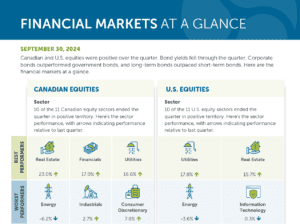New Advisors in Short Supply as 72% of Trainees Fail: Cerulli

What You Need to Know
Retirements and high trainee washout rates are contributing to meager net growth in new advisors, a new Cerulli study found.
Cerulli says that firms must work on developing sustainable talent pipelines to combat high attrition.
Structured training programs are key to new advisor success.
The number of new advisors entering the financial services industry is barely offsetting retirements and trainee failures as firms struggle with high washout rates, according to new research from Cerulli Associates.
In 2022, 18,207 trainees joined the industry, and 13,169 washed out — a failure rate of 72% — while 2,459 veterans retired. This resulted in a meager increase of 2,579 advisors.
Cerulli found that firms across all channels are contending with high failure rates for rookie advisors, insurance broker-dealers in particular. It noted that the transactional nature of insurance business and immediate business development expectations aggravate the challenges for these new advisors.
In response to high attrition, firms must work on developing sustainable talent pipelines that capture a wider range of talent, Cerulli said. At present, some two-thirds of rookie advisors are recruited by word-of-mouth referrals, which limit firms’ ability to reach a broad cross section of applicants.
“Rookie advisors come from all different backgrounds,” Stephen Caruso, a Cerulli research analyst, said in a statement.
Caruso noted that just 15% of rookies report financial advisor as their first career, and only 43% of rookie advisors have previously worked in financial services. “[Broker-dealers] and registered investment advisors must find new avenues for connecting with potential candidates and spreading awareness about the profession.”
According to the study, 84% of fledgling advisors enter the field because they want to help others reach their financial goals. Other main reasons for wanting to become an advisor: flexibility and control over work schedule, opportunity to earn a high personal income and desire to run a business.
Cerulli said that for rookies to realize their goal of helping others and to succeed as advisors, they require strong mentorship, exposure to successful advisors and training in financial planning topics — an area in which many new advisors think they do not receive adequate support from their firm.






